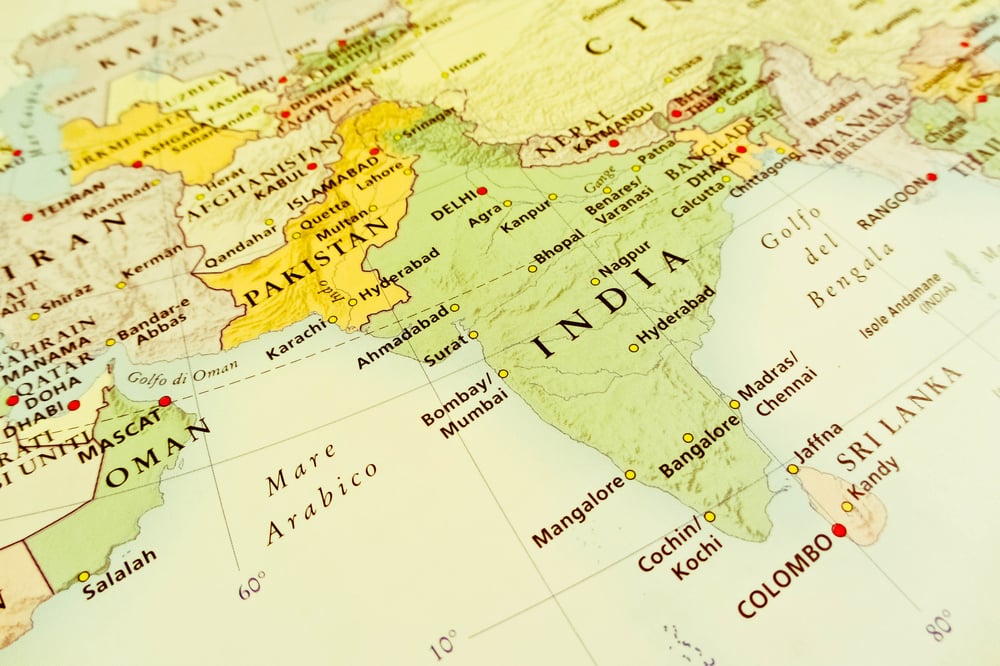Moderated by Ficom Leisure senior managing partner Christian Tirabassi, a panel titled India – A Balancing Act on day two of the SBC Summit Barcelona – Digital, saw industry professionals come together to discuss the future of the Indian market.
Introducing the landscape in India, Tirabassi stated: “The number of gamers in India today is extremely high. It’s grown from 120m to a forecast of 310m by 2021. The market is divided into a number of legal operators. One is DFS, related to sport which was stopped during lockdown, another is Gin Rummy and the other is poker. This is what is today’s legal market. We understand there is a large unregulated market so there are a number of websites outside the country targeting players.”
Providing the panel with the consumer’s point of view, Harshit Krishna, director of sales in Europe & LatAm at Probability Gaming commented: “From the consumer’s point of view, India is interesting. We were never in a habit of playing lots of RNG, so people are more likely to play games involving skill. So games like Rummy are more popular than slots for example.
“The market itself is there and the players are there, but the market is not growing in a legal way. I’m hoping players can bet and that they can trust the operators. When things are legal it will be easier for players to trust and play.”
Krishna also touched on how the Indian government could benefit from its gambling industry, adding: “If things become legal there could be huge tax income so if gambling activities become legal then it becomes a big revenue for them. As soon as it becomes legal it becomes an income for the state especially the sports betting market.”
Discussing the recent digital growth of the market, Jaydeep Chakravartty, vice president commercials at Markor Technologies, said: “What we have seen is that in the last few years there are a couple of things that have changed which are related to consumer behaviour and the Indian digital ecosystem.
“A few years ago the government took out 86 per cent of notes in circulation and the public became suddenly very used to digital currencies. The indian market saw a huge digital growth over the last few years also and as a result online gaming has pushed themselves into the market and entered into smartphones.”
Chakravartty also looked to the future, and discussed one main challenge facing the Indian gaming market in its quest to be regulated.
He added: “One thing that has happened is because of the internet and no regulation there is a lot of fly by operators in India right now. I have seen operators getting into morally questionable techniques. Globally we know betting is part of the entertainment industry, what’s happening in India is that rogue operators are operating gaming scams and not entertainment.
“I see it being a big challenge on the road to our regulated environment. Gaming has to be considered as fun and entertainment and not a scam.”
Also looking to the future, Gowree Gokhale, partner at Nishith Desai Associates gave her thoughts on how a potential regulated Indian market should be run: “For brick and mortar I think states can keep it on a state to state basis. On online however I think all states need to have a centralised law. For skill gaming I believe there also needs to be a central law as well as with sports betting. I think this is the best way forward.”
SBC Summit Barcelona – Digital takes place over four days this week (8 – 11 September) and features four main zones – Sports Betting, Casino & Gaming, Payments & Compliance, and Affiliate & Marketing – each of which have their own conference tracks, networking roundtables and interactive expo halls.
Click here to secure your free pass for the betting & gaming industry’s largest ever virtual event.













